The European Center for Medium-Range Weather Forecasts (ECMWF) has fully operationalized its AI Forecasting System (AIFS), achieving up to 20% greater accuracy than traditional methods, particularly in tropical cyclone tracking.


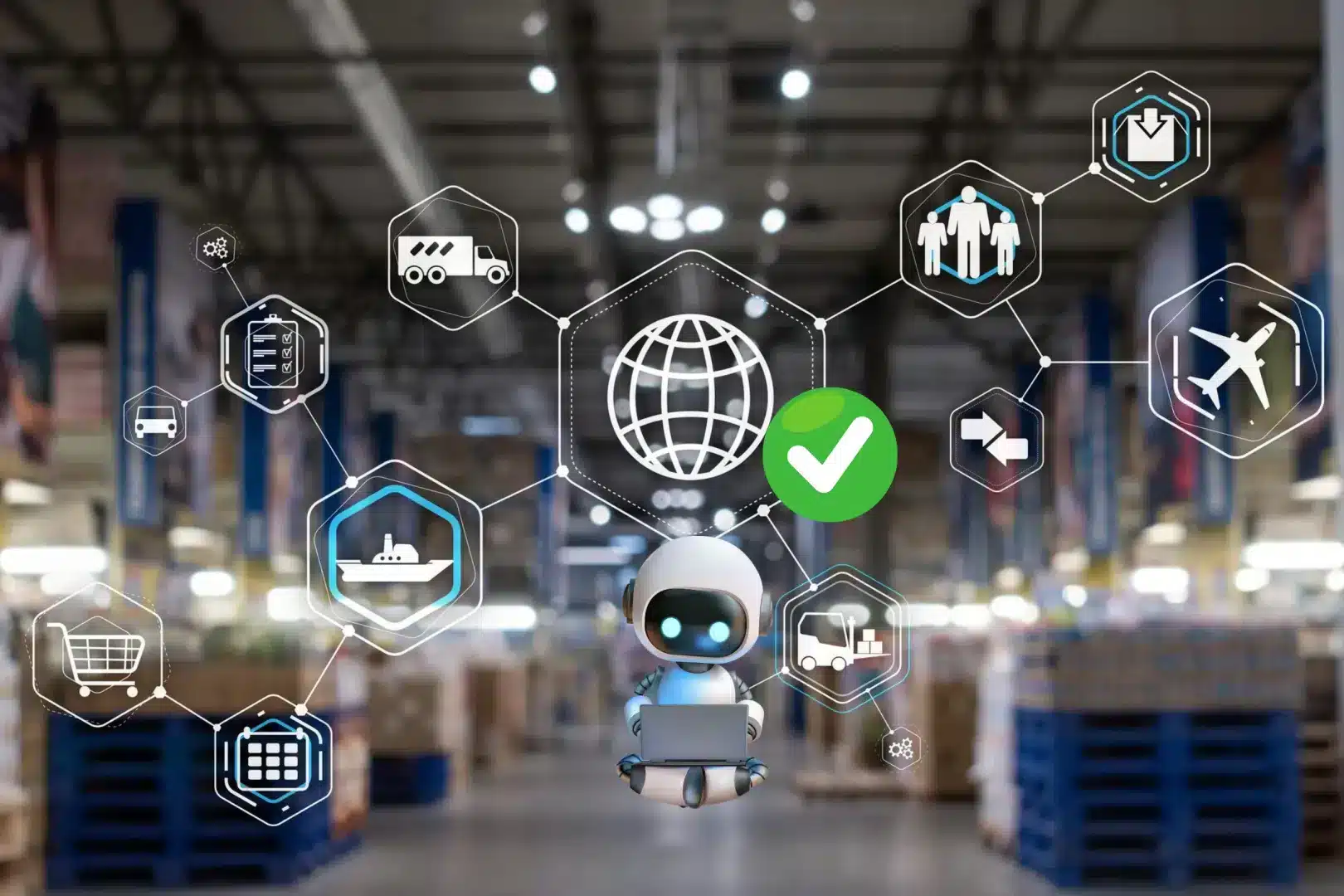
Large language models (LLMs) show promise in tackling planning problems, but there’s a balance between flexibility and complexity. While LLMs can act as zero-shot planners, they struggle with complex tasks involving multiple constraints or long-term goals.
Many frameworks that address these challenges require task-specific preparation, such as tailored examples and predefined validators, which limits their ability to adapt to different tasks.
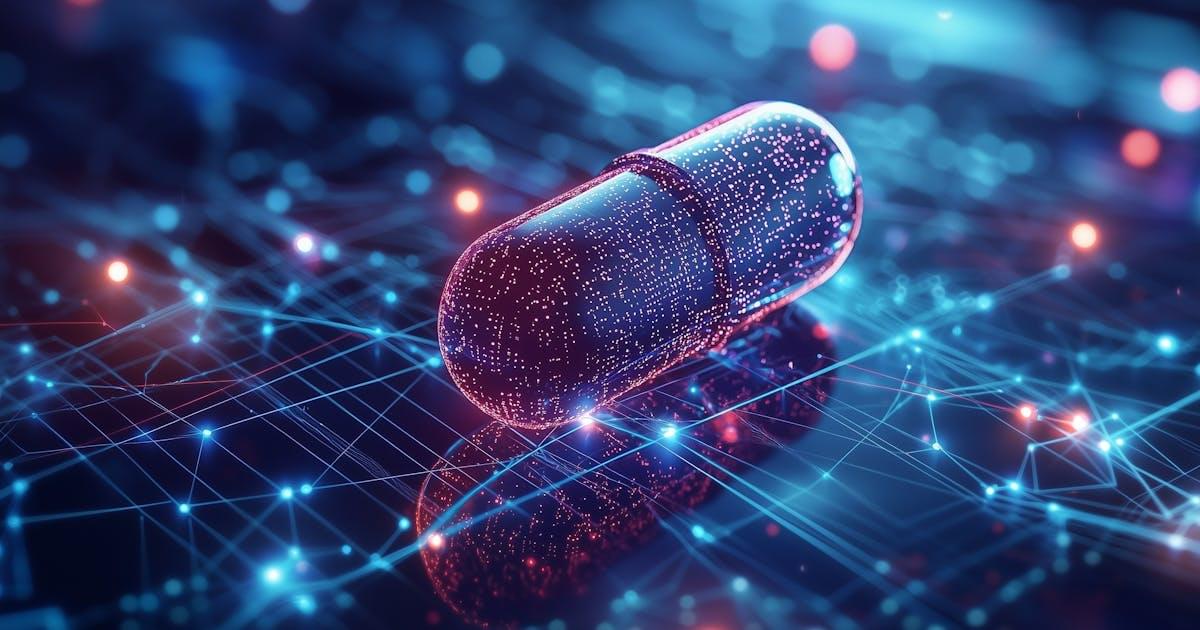
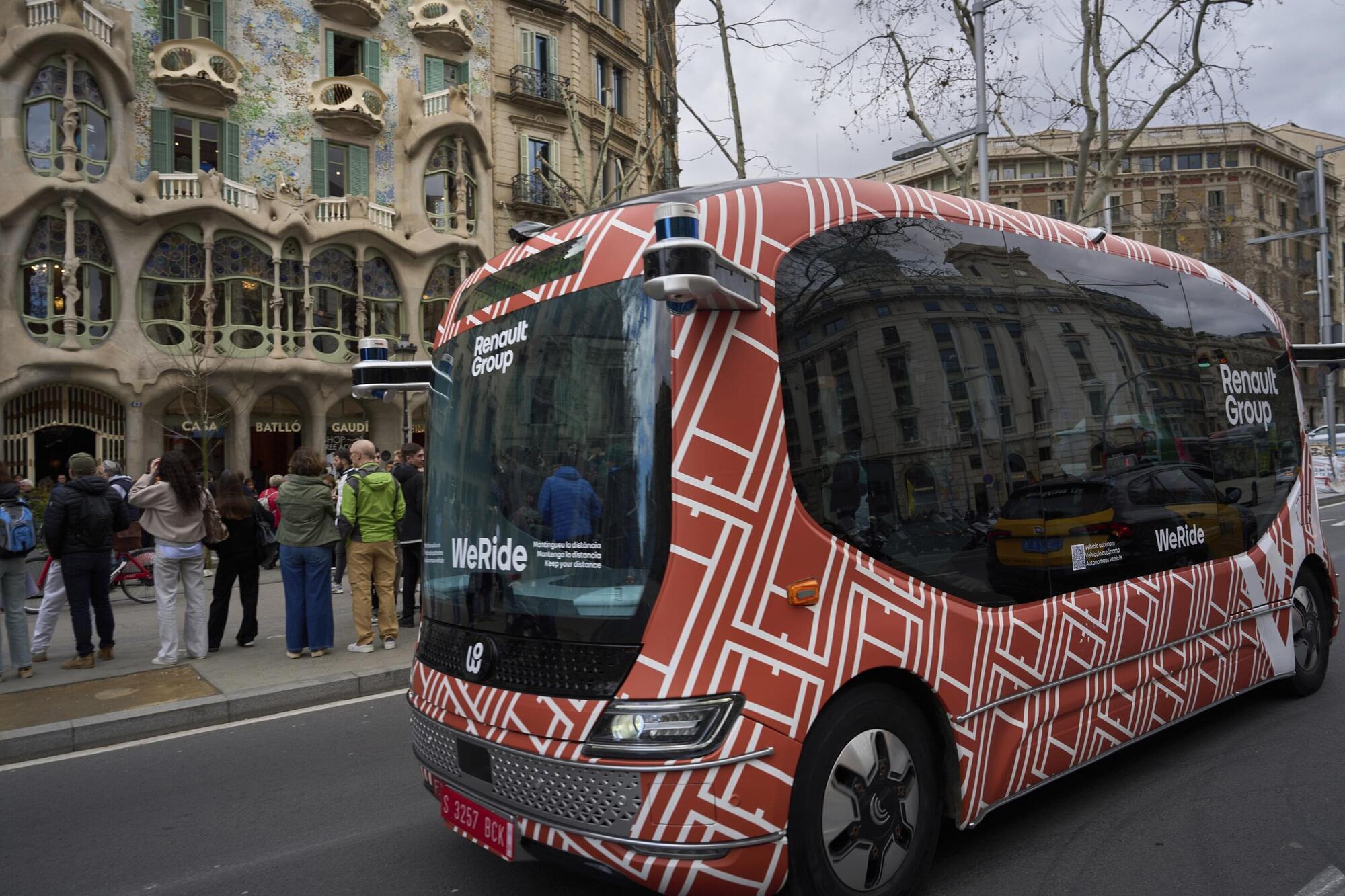
Commuters in downtown Barcelona have been able to ride the bus for free this week. There’s just one catch: this mini-bus has no one at the wheel.
The bus pulls away from the stop with its passengers on its own, brakes before changing lanes and eases down one of Barcelona’s most fashionable boulevards.
Renault is testing a new driverless mini-bus in Barcelona this week. The autonomous vehicle is running on a 2.2-km (1.3-mile) circular route with four stops in the center of the Spanish city. Adventurous commuters can jump on free of charge.
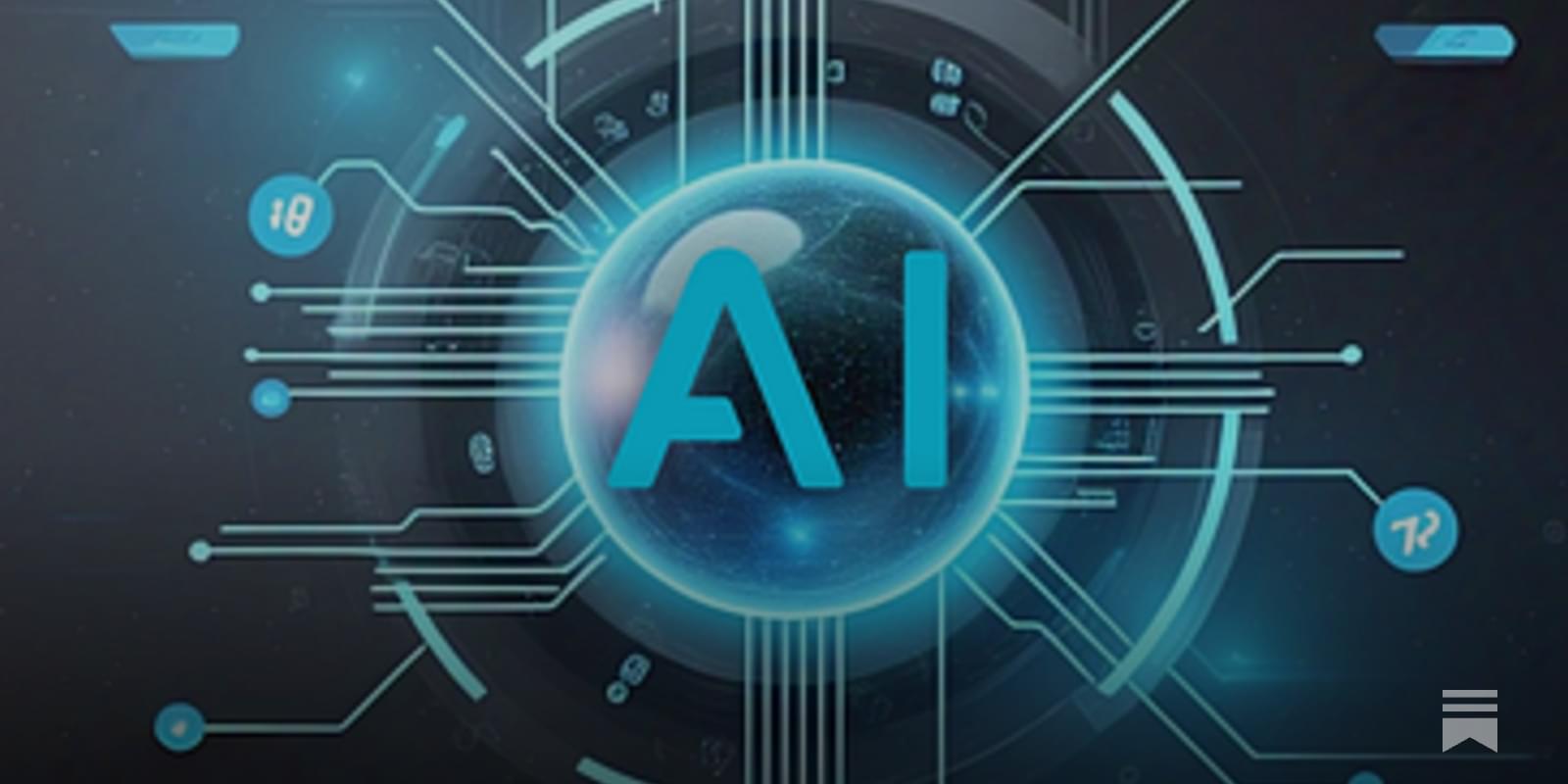
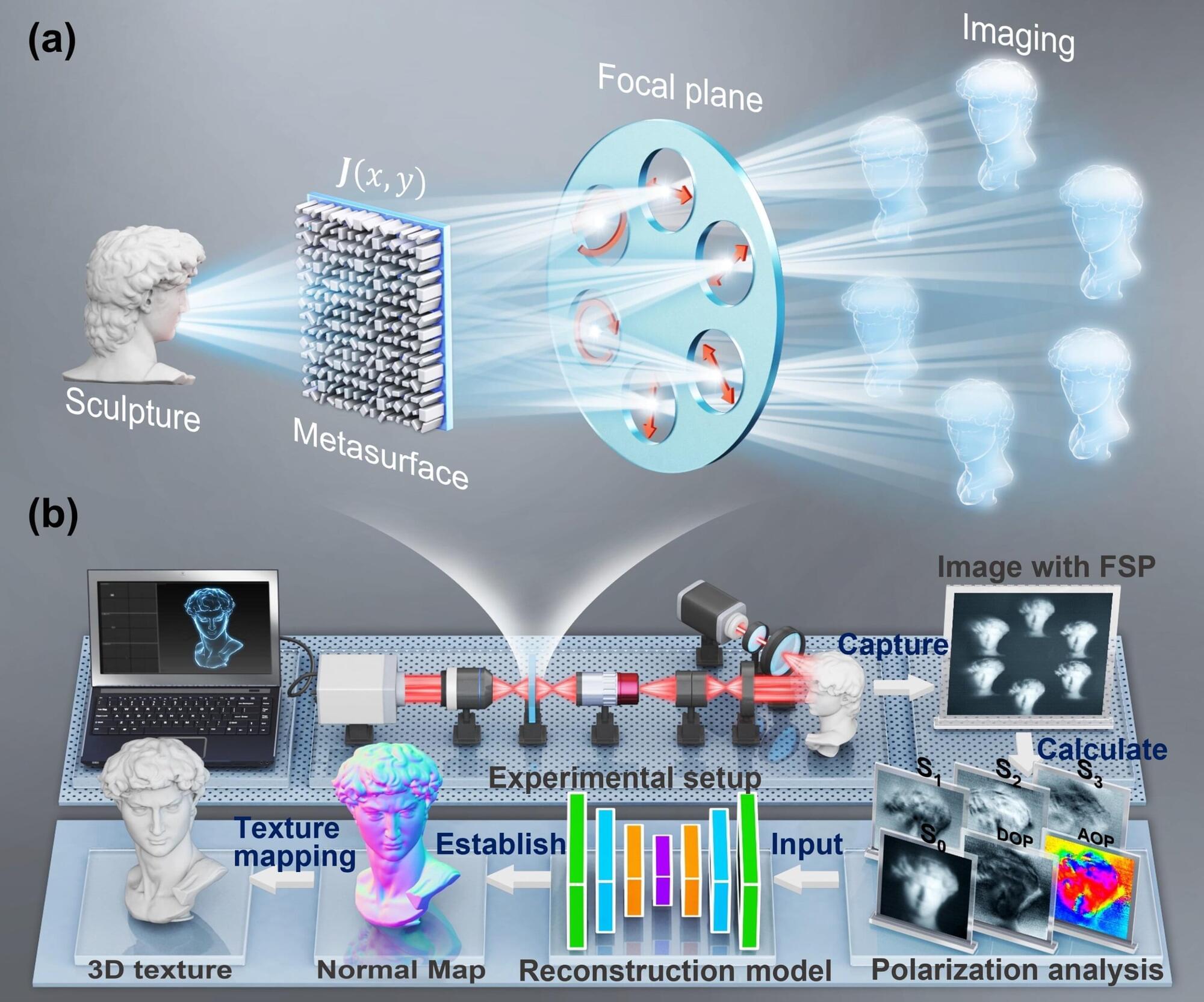
Capturing precise 3D details with a single camera has long been a challenge. Traditional methods often require complex dual-camera setups or specialized lighting conditions that are impractical for real-world applications. However, a groundbreaking approach developed at Nanjing University is set to redefine 3D imaging.
In our latest research, published in Optica, we introduce a cutting-edge snapshot polarization stereo imaging system (SPSIM), as shown in Fig. 1. This innovative system integrates metasurface optics with artificial intelligence to extract highly detailed 3D shape information in real time.
Unlike conventional methods that rely on multiple polarizers or sequential exposures, SPSIM utilizes a specially engineered metasurface lens to capture full-Stokes polarization data in a single shot. With an extinction ratio of 25 dB—comparable to commercial polarizers—and an unprecedented central wavelength efficiency of 65%, our system outperforms standard polarization cameras.
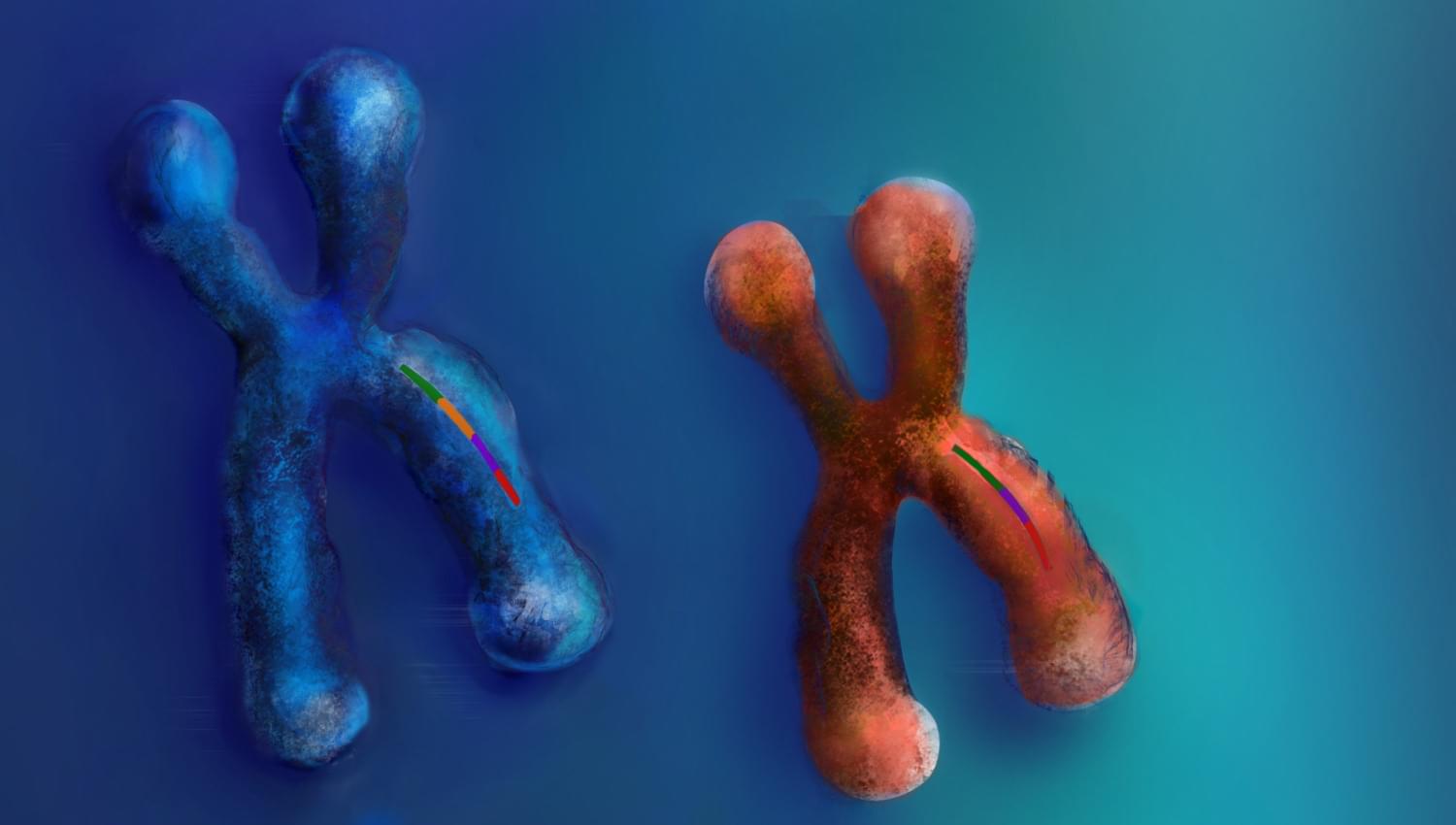
UC Berkeley’s tiny, bee-inspired flying robot weighs 21 mg, hovers, and hits targets using magnetic fields for potential rescue missions.
Keenon Robotics unveils XMAN-R1 humanoid and new KLEENBOT robots, advancing automation in hospitality and service industries.
Everything is bigger in Texas — including a new housing development with a futuristic vision.
Icon, a 3D technology company, is behind dozens of next-generation 3D-printed homes in the Lone Star State. A YouTube video gives viewers an inside look at the new homes built with robotic construction at the Wolf Ranch development in Georgetown.